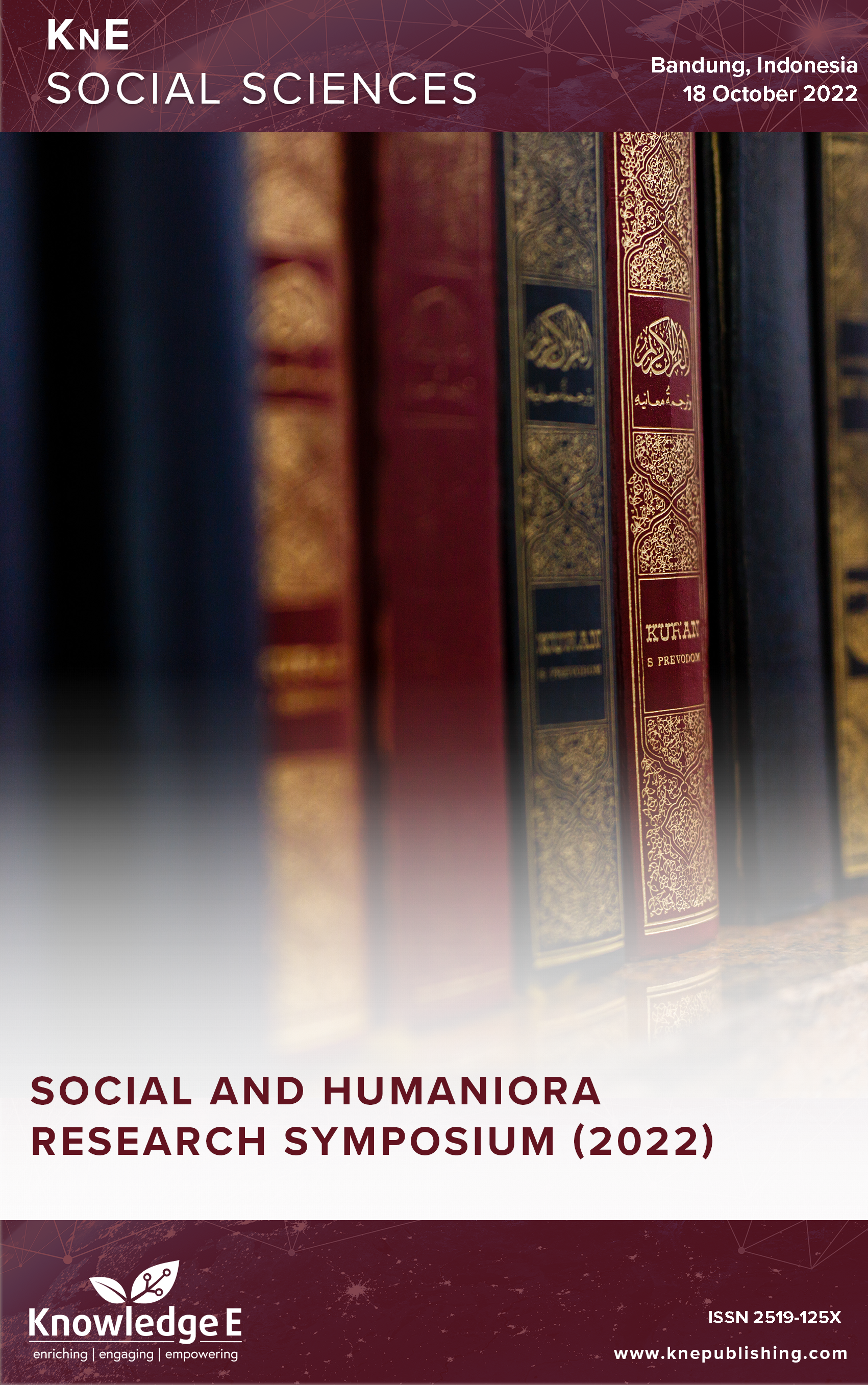Entrepreneurship Development of Women Farmers Luhur Lestari Group in RT 01 RW 02 Cipicung Village, Baleendah District, Bandung Regency
DOI:
https://doi.org/10.18502/kss.v8i18.14341Abstract
The main objective of the entrepreneurship development program at KWT Luhur Lestari is to utilize the potential of existing resources into productive activities that add value to the family economy. The first program was carried out by improving organic waste management, namely composting waste as well as urban farming with the organic tower garden (OTG) method. The second program was to improve culinary business skills in processing crops, especially cassava. So far, most of the crops are sold raw to collectors at low prices or processed into traditional foods. The method applied in implementing this community empowerment program is the participatory approach method, which means that partners are involved in every stage of the activity. The activities carried out are improving food processing skills, training in simple financial administration, and online marketing. Improvement of skills is done by the direct practice of making food so that the food has a good taste, is more interesting, creative, halal and thayyib (good for body health). This empowerment program has succeeded in increasing the entrepreneurship of “sublime sustainable” KWT members. KWT “sublime sustainable” has created a business division, whose members are active in entrepreneurship. Furthermore, assistance is carried out through discussions to overcome obstacles, evaluation of business activities, and food diversification. This empowerment has improved the family economy and KWT.
Keywords: empowerment, OTG, entrepreneurship
References
[2] Ishaq W, Memon SQ. “Roles of women in agriculture: A case study of rural Lahore, Pakistan.” 2016.
[3] Pratiwi D, Baga LM, Yusalina. “Kontribusi Wanita Tani Dalima Terhadap Pendapatan Rumah Tangga.” J Sos Ekon PESISIR. 2022;3(1):1–9.
[4] Maksimović G, Ivanović T, Vujko A. Self-employment of women through associations in the rural areas of Sirinicka Zupa. Ekon Poljopr. 2019;66(1):251–263.
[5] Rao S. Work and empowerment: Women and agriculture in South India. J Dev Stud. 2011;47(2):294–315.
[6] Manurung R, Ismail R, Munthe HM, Nababan TS. Batak Toba Empowerment In Lake Toba Tourism Area, North Sumatera, Indonesia: Analysis of entrepreneurship potential in Batak Women. Int J Sci Technol Res. 2020;9(3):3113–3116.
[7] Madan S, Gulyani M, Benson S. Women empowerment through entrepreneurship. Int J Eng Manag Res. 2014;4(6):86–89.
[8] Henao-Zapata D, Peiró JM. “The importance of empowerment in entrepreneurship.” in contributions to management science, 2018. https://doi.org/10.1007/978-3-319- 62455-6_14
[9] Alam SMI. “Definition and meaning of entrepreneurship I . Defining entrepreneurship the proposed definition of entrepreneurship.” Bus Eduactional J. 2021;17(1).
[10] Petrakis PE, Kafka KI. “Entrepreneurial creativity and growth,” in entrepreneurship - practice-oriented perspectives, InTech, 2016. https://doi.org/10.5772/65453
[11] Sunarto, Prinsip-prinsip pemasaran. 2nd ed. Yogyakarta: AMUS; 2004.
[12] Adhikari RP, Bonney L, Woods M, Clark S, Coates L, Harwood A, et al. Applying a community entrepreneurship development framework to rural regional development. Small Enterp Res. 2018;25(3):257–275.
[13] Solano Lara C, Fernández Crispín A, López Téllez MC. Participatory rural appraisal as an educational tool to empower sustainable community processes. J Clean Prod. 2018;172:4254–4262.

